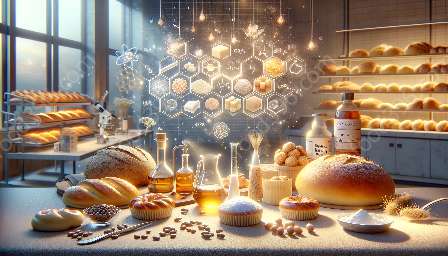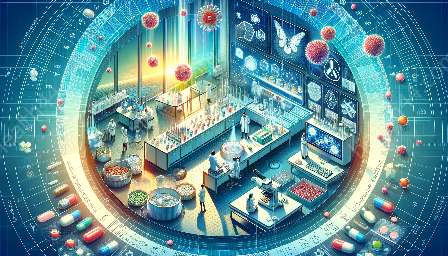Carbon dioxide is a key component in baking, acting as a leavening agent through various chemical reactions. Understanding its production and its role in baking science and technology is essential for achieving the perfect bake.
The Production of Carbon Dioxide
Carbon dioxide is produced through various natural and industrial processes. It is a natural byproduct of respiration in living organisms, fermentation in brewing and winemaking, and combustion in fossil fuel burning. In baking, carbon dioxide is produced through chemical leavening agents or yeast fermentation.
Chemical Reactions and Leavening Agents
Chemical leavening agents, such as baking soda and baking powder, are commonly used in baking to produce carbon dioxide and achieve the desired texture in baked goods. When these leavening agents are mixed with liquids and acids in the batter or dough, they undergo chemical reactions that release carbon dioxide gas, causing the batter or dough to rise and creating a light, airy texture.
The Role of Carbon Dioxide in Baking
Carbon dioxide plays a crucial role in baking by creating air pockets in the dough or batter, leading to the desired rise and texture in the final product. This process is essential in the production of various baked goods, including bread, cakes, and pastries.
Baking Science and Technology
Understanding the science and technology behind baking involves a deep knowledge of the chemical reactions, physical processes, and ingredient interactions that take place during baking. Factors such as temperature, humidity, and ingredient ratios all contribute to the production and utilization of carbon dioxide as a leavening agent.
The Science of Baking
Baking is a complex process that involves the understanding of chemical reactions, such as the Maillard reaction and caramelization, as well as the behavior of ingredients like flour, sugar, and fats. The production and management of carbon dioxide during the baking process significantly impact the final product's texture and flavor.
Technological Innovations in Baking
Advancements in baking technology, including precision ovens, automated mixing systems, and ingredient analysis tools, have revolutionized the way carbon dioxide production and leavening agents are utilized in baking. These innovations allow bakers to optimize their recipes and production processes for consistent and high-quality results.


